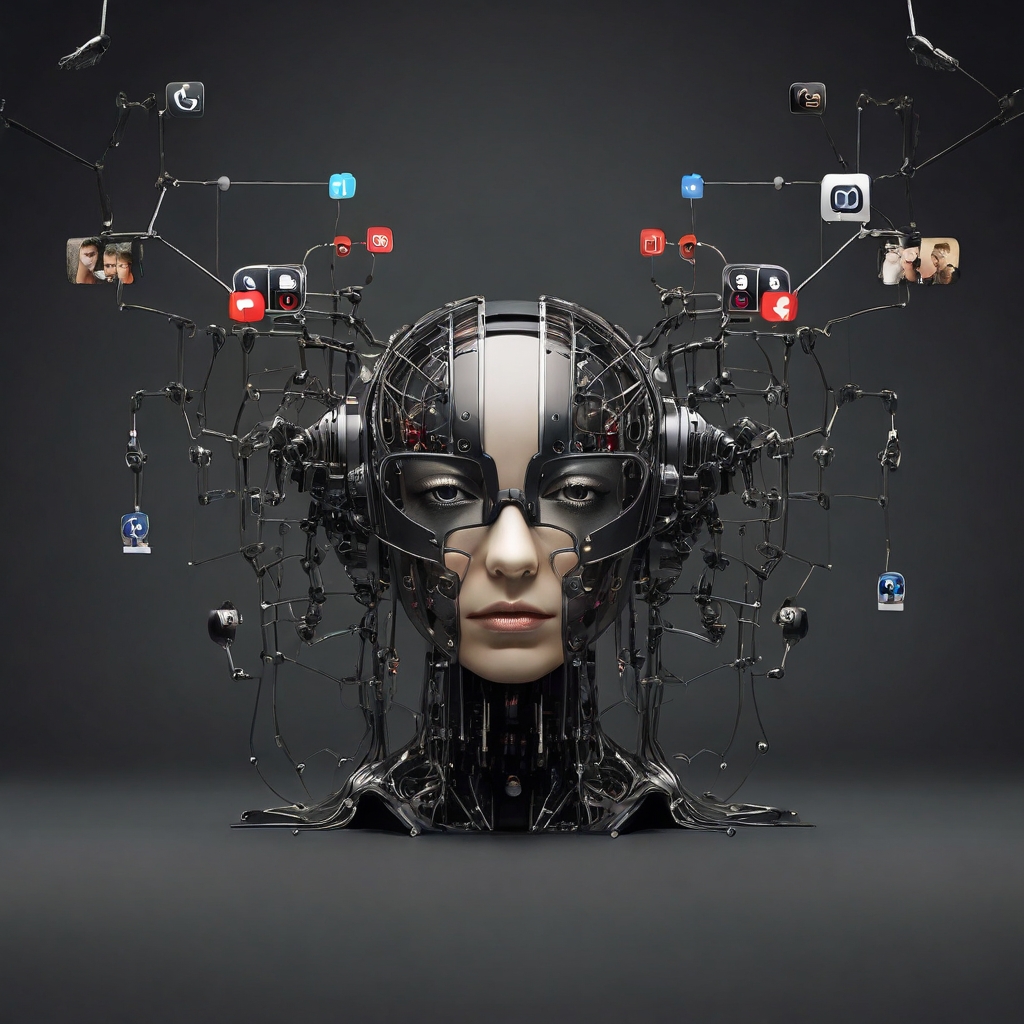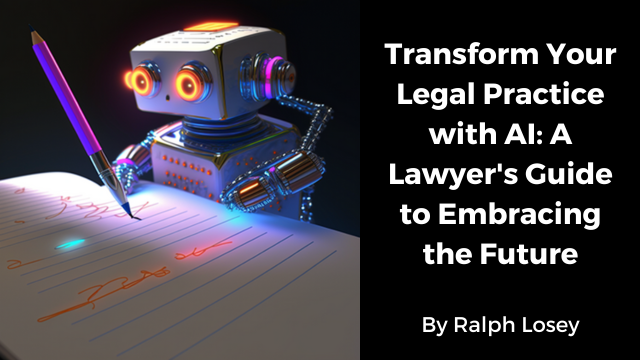In a recent development, ParentsTogether, a prominent parent and family nonprofit organization advocating for a safer internet for children, has taken a bold step by sending an open letter to TikTok’s CEO, Shou Zi Chew.
The letter, signed by more than 12,000 parents, requests TikTok to take immediate action in clearly labeling AI-generated influencers that often masquerade as real individuals and promote unrealistic beauty standards for kids and teenagers.
AI-Generated Tik Tok influencers targeting young audiences
ParentsTogether has identified a troubling trend where numerous videos featuring AI-generated influencers are being actively promoted to young users’ accounts. What raises alarms is the lack of clear labels on these videos, leaving unsuspecting children and teenagers vulnerable to unrealistic beauty ideals perpetuated by artificial intelligence.
These deceptive AI-generated influencers sometimes claim to possess diet, fitness, or skincare routines, misleading impressionable minds into believing that certain products or behaviors can achieve results similar to those produced by computer algorithms.
The parental advisory: Navigating the AI influencer landscape
In response to this growing concern, ParentsTogether has issued a parental advisory to its members, urging parents to remain vigilant about AI influencer content infiltrating their children’s social media feeds.
The advisory emphasizes that fake influencers created by computer programs are often indistinguishable from real people, making it imperative for parents to educate their children on recognizing and differentiating these AI-generated accounts.
Labeling challenges and hidden harm
One of the core challenges lies in the labeling of AI-generated content on platforms like TikTok. While the responsibility primarily falls on content creators to designate their work as AI-generated, there is a lack of consensus on a standardized label. Companies often employ vague terms such as “virtual girl” or “virtual influencer,” contributing to the confusion. Additionally, many AI-generated videos remain unlabeled, requiring young users to delve into the influencer’s profile to discern that the content is not the creation of a real individual.
A deepening concern: The impact on children’s body image
The emergence of AI-generated influencers is a relatively recent phenomenon, but the detrimental consequences of AI-powered technology on children’s body image have already been observed. A survey conducted by ParentsTogether in September 2021 unveiled troubling insights:
Teens who spend excessive time online, particularly on social media (18+ hours per week), are nearly twice as likely to dislike their own appearance compared to those who spend less time online (less than 8 hours per week).
Teenagers who use beauty filters regularly exhibit a two-fold interest in cosmetic surgery and a four-fold interest in altering their skin color, compared to their peers who use filters less frequently.
A significant 61% of teenagers reported that using beauty filters makes them feel worse about their real-life appearance.
Astonishingly, over half (52%) of teenagers admitted to using beauty filters to modify their facial features.
The real or fake challenge: The struggle to identify beauty filters
To further illustrate the issue at hand, ParentsTogether conducted a “Real or Fake?” quiz, presenting teenagers with 10 photos of celebrities from social media, some filtered and others unfiltered.
A staggering 70% of the participants received a failing score, indicating their difficulty in distinguishing between images enhanced by beauty filters and those reflecting natural appearances. This highlights the substantial challenge faced by teenagers when identifying the use of beauty filters on social media.
TikTok’s role in protecting young users
Shelby Knox, the Campaign Director at ParentsTogether, has voiced deep concern over the growing prevalence of AI-generated influencers on TikTok. Knox emphasizes the danger posed to children and teenagers, asserting that these computer algorithms convincingly present themselves as real individuals modeling unattainable beauty, diet, and exercise standards. Such misleading content has the potential to trigger eating disorders and contribute to body dysmorphia among young users.
Knox concludes by asserting that TikTok bears a significant responsibility toward its young user base. The platform must take decisive action to ensure the clear labeling of AI and virtual influencers on all their videos.
This, in turn, will empower parents and guardians to safeguard their children from the adverse effects of unrealistic beauty standards perpetuated by AI-generated content.





